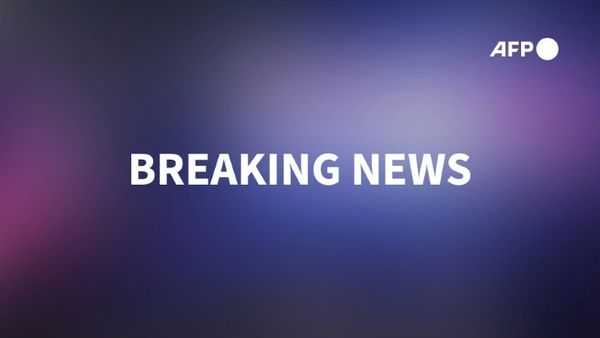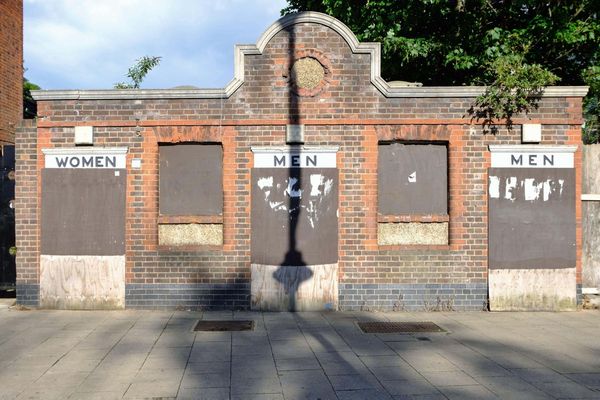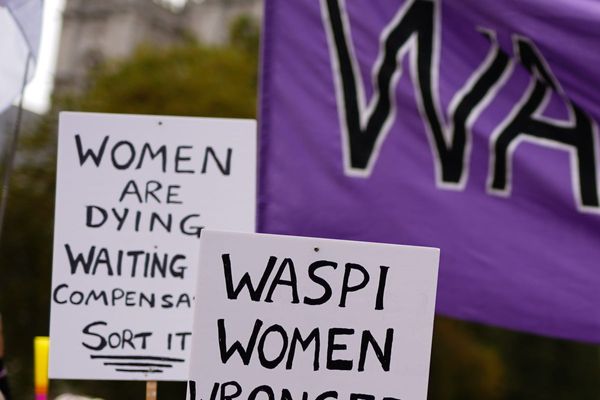
In a significant development for former President Donald Trump, a federal appeals court has ruled that he is not immune from prosecution in a court case related to his alleged attempts to overturn the 2020 presidential election results. Trump's legal team had argued that the allegations against him, which stem from his time in office, should be exempt from prosecution due to the pressures faced by a sitting president. However, the three-judge panel in Washington, D.C. disagreed, stating that Trump, as a former president, is now considered a regular citizen and should be subject to the same legal defenses as any other criminal defendant.
The ruling came after almost a month of deliberation by the appeals court, with its decision outlined in a 57-page document. The court's rejection of Trump's claim of immunity from prosecution underlines the seriousness of the legal implications surrounding this case. While it is a setback for the former president, this case has been characterized as a marathon rather than a sprint, with ongoing delays and legal battles.
The indictment against Trump alleges that he orchestrated a campaign to overturn the election results, a charge vehemently denied by his legal team. Trump's campaign argues that if immunity is not granted to a president, every future president leaving office could be vulnerable to immediate indictment by the opposing party. They claim that without complete immunity, a president's ability to function effectively would be compromised.



The trial, which was initially scheduled to begin on March 4th, has been on hold for nearly two months since it went before the circuit court in December. Special Counsel Jack Smith is eager to get the trial back on track, and District Judge Tanya Chutkin, who is presiding over the case, also expressed a desire to move forward as soon as possible.
Trump now has the option to appeal the appeals court ruling to the U.S. Supreme Court, a course of action that his legal team is expected to pursue. The deadline for this is on Monday. However, the decision on whether the Supreme Court will accept the case remains uncertain. Given the highly political and controversial nature of the proceedings, it is anticipated that if the Supreme Court agrees to hear the case, the trial will likely face further delays. On the other hand, if the Supreme Court declines to take on the case, the trial will revert back to District Judge Tanya Chutkin.
Regardless of the Supreme Court's decision, it is clear that the trial is still months away from commencing. Numerous procedural steps and preparations have to be completed before the trial can proceed. The trial has already been on hold since mid-December, further elongating the legal process surrounding this high-profile case.







